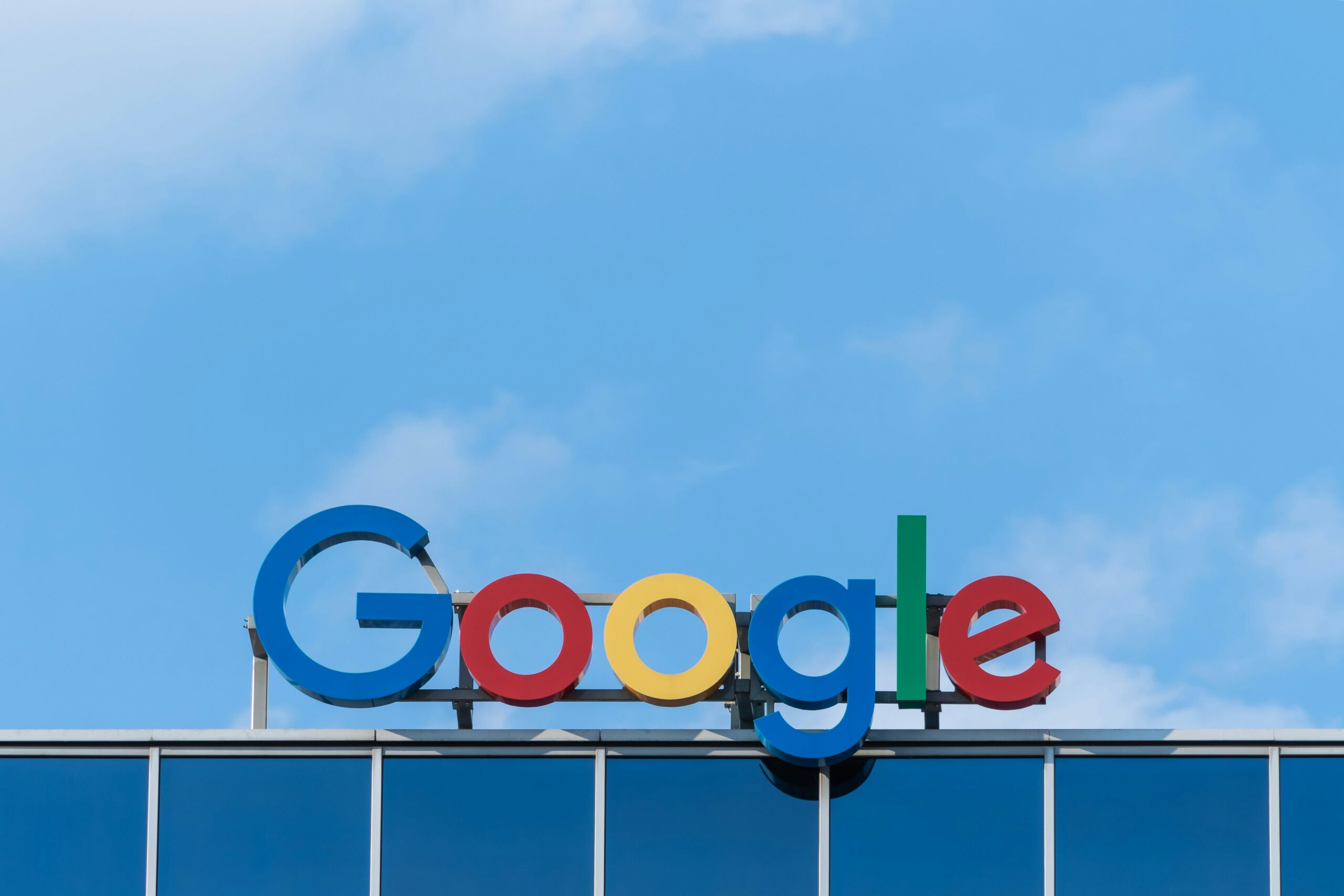US Judge Rules Google Holds Illegal Monopoly in Ad Tech

Google Hit with Second Antitrust Blow As Federal Judge Rules It Holds Monopoly in Online Ads
For the second time this year, a U.S. court has found that Google has acted illegally to maintain its dominance. The Antitrust Division of the Department of Justice found that Google violated antitrust laws by monopolizing the online advertising market. This is the second monopolization case against Google..
The judge ruled that Google has illegally built a monopoly, siding with the Justice Department in a landmark case that could reshape how modern websites operate. This is the US government’s second major court victory over Google in a year and third such decision since 2023, when a federal jury found that Google’s app store is also an illegal monopoly.
Is Google Technically a Monopoly?
The ruling yesterday followed a decision last year in which a judge determined that the company had a monopoly in the internet search market. Yesterday’s ruling stated that Google’s anticompetitive practices harmed publishers and users online. The trial featured 39 witnesses, depositions from an additional 20 witnesses, and hundreds of exhibits.
Google controls two-thirds of the advertising technology market. Judge Brinkema ruled that this level of control is illegal. Google will appeal the court’s decision and Lee-Anne Mulholand, Google’s vice president of regulatory affairs, said they disagree with the court’s decision about Google’s publisher tools. Google has argued that the decision is unfair and the premise is flawed, and it would slow innovation, raise advertising fees, and make it hard for small businesses and publishers to grow.
The Department of Justice considers this a landmark victory in their ongoing fight to stop Google from monopolizing the digital public space. The decisions against Google highlight the breadth of trouble Google faces, raising the chance of sweeping penalties that could impact its business.
The Justice Department has been critical of Google for years, arguing that the role it plays in enabling advertisers to place ads and publishers to offer up ad space represents a conflict of interest that Google has exploited uncompetitively. Judge Brinkema however
What Does This Mean for the Future of Google?
The decision will force Google to divest part of its online ad business, but the Government did not win all of its claims, and Google will appeal the decision. The remedy in antitrust cases has to be proportional to the level of illegality found. Google could be subject to a conduct remedy, which would mean restrictions on how it operates or prices its services.
Many tech critics have cheered the ruling, saying that Google’s monopoly has gone unchecked for too long. The ruling that Google illegally monopolizes key ad-tech markets represents a landmark setback and raises the prospect of forced divestitures in its core, high-margin ad business segments. Coming on the heels of a prior decision finding an illegal search monopoly, this judgment underscores escalating regulatory scrutiny. Observers predict that Google may be compelled to spin off critical units, such as its ad exchange (AdX) and publisher ad server (DFP), to restore competition.
Despite announcing an appeal, arguing that its bundled services benefit publishers and advertisers, Google will likely operate under interim injunctions that limit the rollouts of features and integration efforts during the protracted appeals process. This uncertainty could slow innovation and disrupt product roadmaps.
Conclusion
Ad tech constitutes roughly 12 percent of Alphabet’s revenue, and a mandated breakup could erode economies of scale, squeezing margins and raising costs for both Google and advertisers. Investor sentiment may fluctuate as markets price in potential revenue declines and the legal costs of structural remedies.
Conversely, publishers and rival ad‑tech firms have hailed the decision, anticipating a more level playing field and improved revenue shares. However, shifts in pricing dynamics may occur as Google and its competitors adapt to new operational constraints, potentially leading to industry-wide cost adjustments.
By setting a precedent for structural remedies in digital advertising, the ruling may embolden regulators globally to pursue similar cases against other dominant platforms. This could trigger a ripple effect of antitrust enforcement, significantly reshaping competitive dynamics across the tech sector.
About the Author: Sarah Zimmerman is a seasoned crypto and Web3 news writer passionate about uncovering the latest developments in the digital asset space. With years of hands-on experience covering blockchain innovations, cryptocurrency trends, and decentralized technologies, she strives to deliver insightful and balanced news that empowers her readers. Her work is dedicated to demystifying complex topics and keeping you informed about the ever-evolving world of technology.
Sarah Zimmerman
Published on Other News Site





















